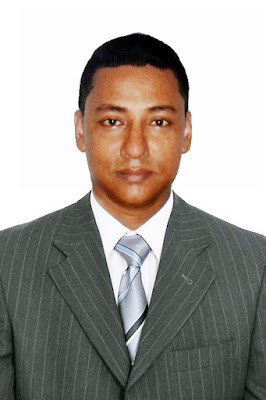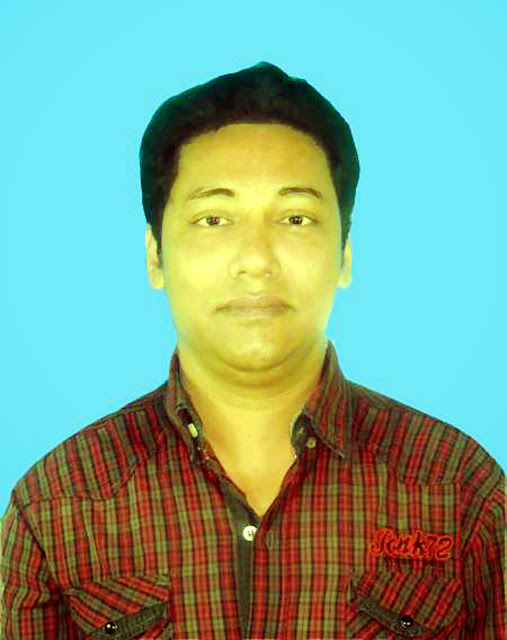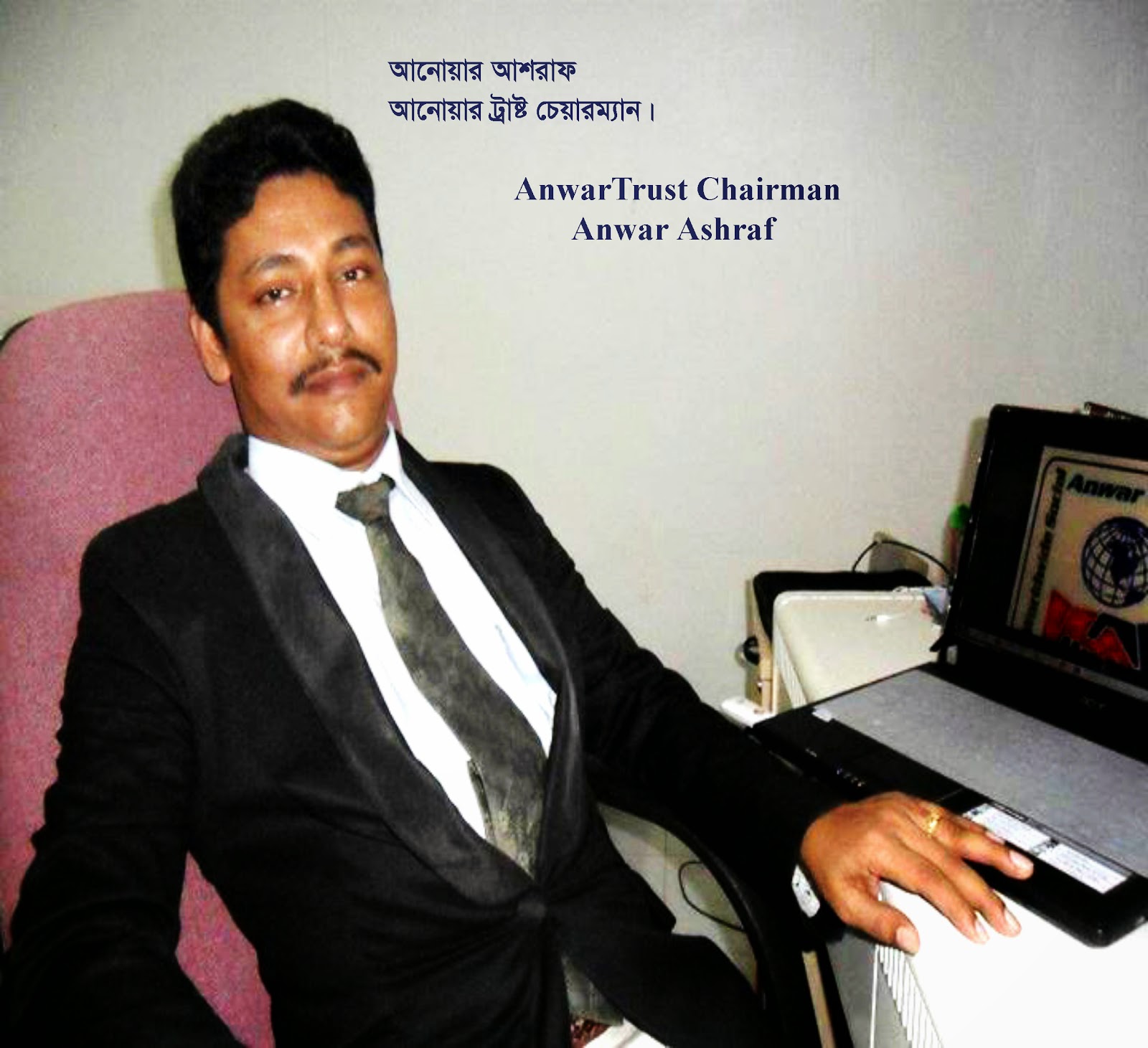
Friday 4 September 2015
Working together for humanity.
There are millions of victims of these illnesses in the United States. Such widespread crippling illnesses strike men and women of all ages and races and destroy the ability to function, often last throughout life or kill, and cause immense suffering to victims and their families. The cost of treatment can easily run to $100,000 or more without a cure and many times without improvement. Treatment often takes years.
However, innovative science-based therapies using hypnosis, trance and extinction therapies can change the tragedy of these desperate illnesses to complete recovery for serious cases in one month or two months. The cost of treatment is moderate. Previous experiences suggest that as many as 50 percent of anorexics and bulimics treated in this manner may be cured while many others may be significantly helped. The same treatment procedures can be effective for anxiety disorders, post-traumatic stress disorder, and compulsive or obese overeating.
Confidentiality is guaranteed if desired. Everyone will be invited to participate in a study to prove or disprove the effectiveness of their treatment. The study will not take much of participants' time. 

Monday 31 August 2015
Ashfina Albi when 87 days only.
Video of Ashfina Albi, the youngest daughter of Anwar Ashraf.
Video of Ashfina Albi, the youngest daughter of Anwar Ashraf
Video of Ashfina Albi, the youngest daughter of Anwar Ashraf
Video of Ashfina Albi, the youngest daughter of Anwar Ashraf
Video of Ashfina Albi, the youngest daughter of Anwar Ashraf
www.youtube.com/anwartrust
Video of Ashfina Albi, the youngest daughter of Anwar Ashraf
Video of Ashfina Albi, the youngest daughter of Anwar Ashraf
Video of Ashfina Albi, the youngest daughter of Anwar Ashraf
Video of Ashfina Albi, the youngest daughter of Anwar Ashraf
www.youtube.com/anwartrust
Friday 7 August 2015
Buddhism in Bangladesh
Friday 20 March 2015
Saturday 31 January 2015
Thursday 22 January 2015
Will a woman be with her husband in Paradise?

Friday 16 January 2015
People hate politics and politicians for good reason.

Sunday 11 January 2015
How about a picture then

Subscribe to:
Posts (Atom)

